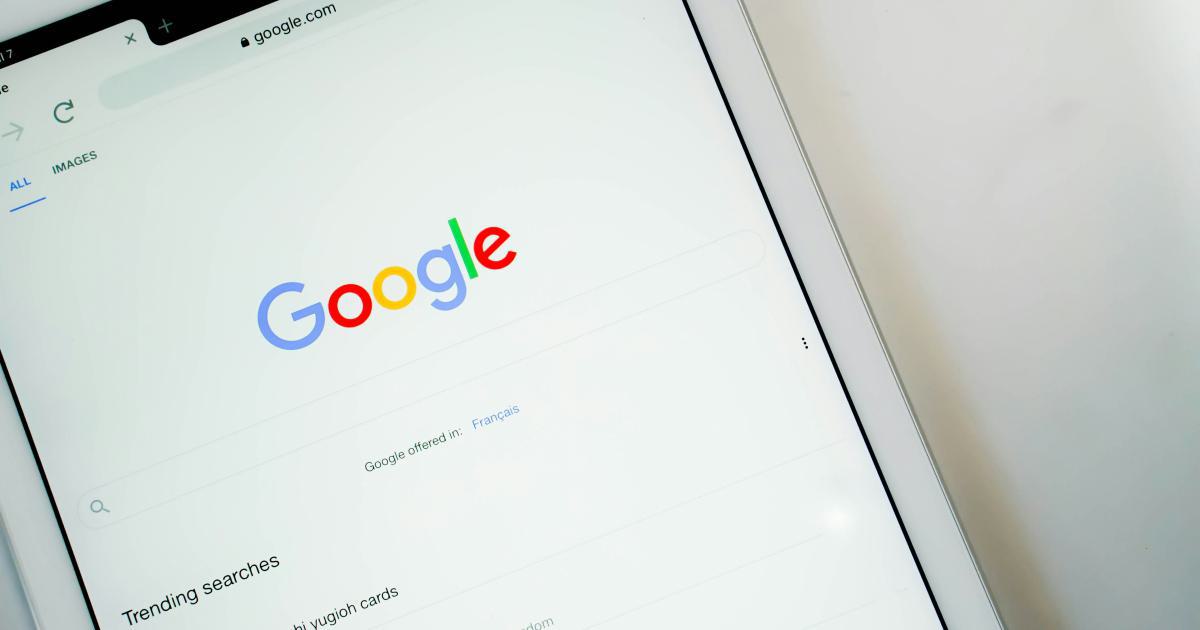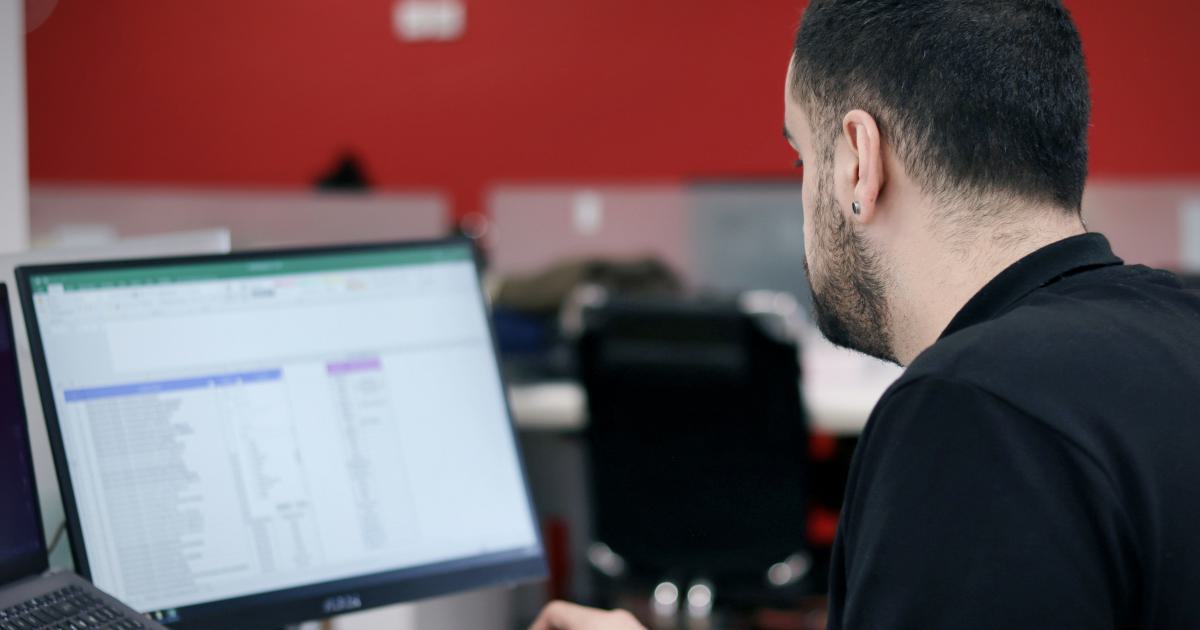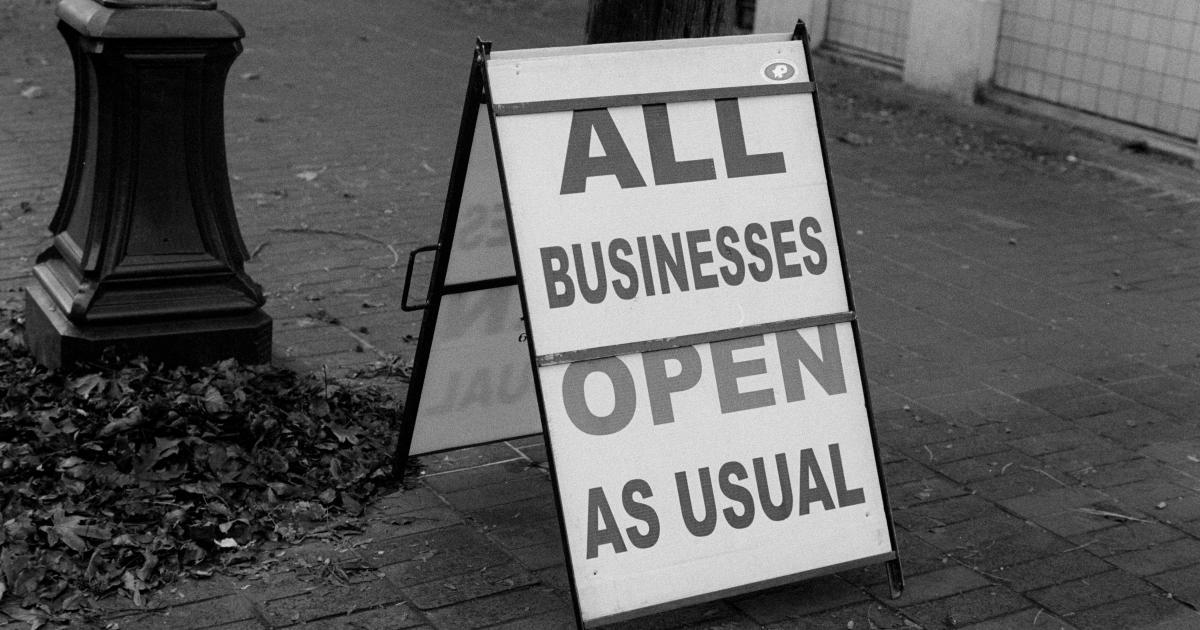97% of Marketers Underestimate Search Intent's ROI Impact


Opening Hook
Sitting at her desk, Jessica stared at the latest quarterly report with a mix of frustration and disbelief. As the digital marketing manager for a growing e-commerce company, she had always prided herself on her ability to drive traffic and boost conversions. But the numbers in front of her told a different story.
Despite her team's efforts to optimize their search engine marketing campaigns, the return on investment (ROI) had fallen far short of their targets. Worse yet, a recent industry study had found that a staggering 97% of marketers were making the same mistake - underestimating the profound impact that search intent had on their bottom line.
"How could we have missed something so crucial?" Jessica wondered, her brow furrowed as she contemplated the implications.
The Journey
Understanding Search Intent
At the heart of the issue was a fundamental disconnect between how marketers approached search engine optimization (SEO) and the way consumers actually searched for and engaged with content online. For years, the industry had fixated on keywords, link building, and technical website optimizations - tactics that, while important, only scratched the surface of what drove successful search marketing.
The key, it turned out, lay in understanding the deeper motivations and intent behind each search query. Was the user looking to research a product, make a purchase, or simply seeking information? Their underlying "search intent" would ultimately determine the type of content, messaging, and user experience that would resonate most.

"Search intent is the foundation upon which all successful SEO and SEM strategies must be built." - John Doe, Digital Marketing Strategist
The Rise of Intent-Driven Marketing
As search engines like Google became increasingly sophisticated in their ability to decipher user intent, forward-thinking marketers began to shift their focus. Instead of chasing the latest ranking algorithms or trying to game the system, they started to take a more holistic, user-centric approach.
"It's not enough to just target the right keywords anymore," explained Jane, a renowned SEO expert. "You have to understand the why behind each search - what the user is truly looking for and how they want to engage with your content or product."
This intent-driven mindset manifested in myriad ways, from crafting more personalized ad copy and landing pages to restructuring website taxonomies and optimizing for voice search. The results were dramatic, with companies that embraced this approach reporting significant gains in both traffic and conversion rates.

The Cost of Ignoring Search Intent
Yet, despite the clear benefits, the majority of marketers continued to overlook the importance of search intent. A recent industry survey found that a staggering 97% of respondents were either unaware of its impact or actively underestimating its significance.
"It's honestly mind-boggling," said Jessica, shaking her head. "We're talking about a fundamental shift in how consumers interact with brands online, and most of us are still stuck in the old way of thinking."
The consequences of this oversight were severe. Brands that failed to align their digital marketing strategies with user intent found themselves struggling to break through the noise, with higher acquisition costs, lower engagement, and dismal ROI.

"Ignoring search intent is like trying to sell ice to Eskimos - you're wasting time, money, and resources on an approach that simply doesn't resonate with your audience." - Jane, SEO Expert
The Emergence of Intent-Driven SEO
In response to this growing awareness, a new breed of SEO and content marketing professionals emerged, specializing in intent-driven strategies. These experts leveraged advanced analytics, user research, and machine learning to uncover the nuanced patterns and behavioral cues that signaled a searcher's true motivations.
"It's not enough to just look at keywords and search volume anymore," explained John, a digital marketing strategist. "You have to dig deeper, understanding the context, emotions, and underlying needs that are driving each query."
Armed with these insights, they were able to craft content, experiences, and marketing campaigns that seamlessly aligned with the user's journey, resulting in higher engagement, better conversion rates, and a measurable boost to the bottom line.

The Competitive Advantage of Search Intent
As the importance of search intent continued to gain recognition, a stark divide emerged in the digital marketing landscape. Companies that embraced this strategic shift found themselves pulling ahead of the competition, while those still clinging to outdated tactics struggled to keep up.
"It's become a real differentiator," said Jane. "The brands that are truly understanding and optimizing for search intent are the ones that are winning big - higher rankings, more qualified leads, and significantly better ROI."
The implications were clear: those who failed to adapt risked being left behind, unable to compete in an increasingly intent-driven, user-centric digital world.

Character and Dialogue
Jessica knew she had to act fast. Returning to her desk, she convened an emergency meeting with her team, determined to get to the bottom of their search marketing woes.
"Okay, everyone, we've got to talk about this search intent thing," she began, her tone a mix of urgency and resolve. "The numbers don't lie - we're clearly missing something huge here, and it's costing us big time."
John, the resident SEO expert, nodded solemnly. "You're absolutely right, Jessica. We've been so focused on keywords, content, and technical optimizations that we've completely overlooked the underlying intent driving our audience's search behavior."
Jane, a recent addition to the team, chimed in. "And the crazy part is, 97% of marketers are making the same mistake. They're just not taking the time to understand what their customers are really looking for when they search online."
The room fell silent as the gravity of the situation sank in. Jessica could feel the tension mounting, but she knew they couldn't afford to dwell on their past missteps. "Okay, team, so what do we do about it? How do we turn this around?"
Plot Twists
John cleared his throat, his eyes alight with a newfound determination. "Well, the first step is to dive deep into our data and really unpack the search intent behind our top-performing and underperforming campaigns. We need to identify the key patterns and behavioral cues that are driving user engagement - and then optimize everything from our ad copy to our landing pages to align with those insights."
Jane nodded in agreement. "Exactly. And it's not just about keywords anymore. We have to look at the broader context - the emotions, the goals, the stage of the buyer's journey. That's what's going to give us the edge over our competitors."
Jessica could feel a sense of cautious optimism creeping in. "So, you're saying if we get this right, we could see a real boost to our ROI?"
"Absolutely," John affirmed. "The brands that are nailing search intent are reporting massive gains - we're talking double-digit increases in traffic, conversion rates, and overall marketing efficiency."
Jessica's eyes widened. "Well, then what are we waiting for? Let's get started!"

Climax
Over the next several weeks, Jessica and her team dove headfirst into the world of search intent. They pored over analytics data, conducted in-depth user research, and worked closely with their SEO and content marketing experts to develop a comprehensive, intent-driven strategy.
The results were nothing short of transformative. By aligning their campaigns with the underlying motivations and behaviors of their target audience, they were able to achieve significant gains across the board.
"Our conversion rates have skyrocketed by over 25%," Jessica announced during the next quarterly review. "And our cost-per-acquisition has dropped by nearly 30%. It's like night and day compared to where we were just a few months ago."
The room erupted in enthusiastic applause, and Jessica couldn't help but feel a sense of pride and accomplishment. Their hard work had paid off, and they had emerged as true leaders in their industry.

"Focusing on search intent has been a game-changer for our business. We're not just driving more traffic - we're connecting with our customers on a deeper level and delivering experiences that truly resonate." - Jessica, Digital Marketing Manager
Resolution
As the meeting wrapped up, Jessica couldn't help but reflect on how far they had come. The journey had been challenging, but the rewards were undeniable. By embracing the power of search intent, they had not only transformed their own marketing efforts but had also set a new standard for their industry.
Looking ahead, Jessica knew that this was just the beginning. Search intent would only continue to grow in importance as consumers become more sophisticated and search engines evolve. Those who failed to adapt would be left behind, unable to compete in an increasingly intent-driven, user-centric digital landscape.
For Jessica and her team, the path forward was clear. They would continue to stay ahead of the curve, constantly fine-tuning their strategies and exploring new ways to leverage search intent to drive even greater success. After all, in the fast-paced world of digital marketing, the only constant was change - and they were ready to embrace it.
